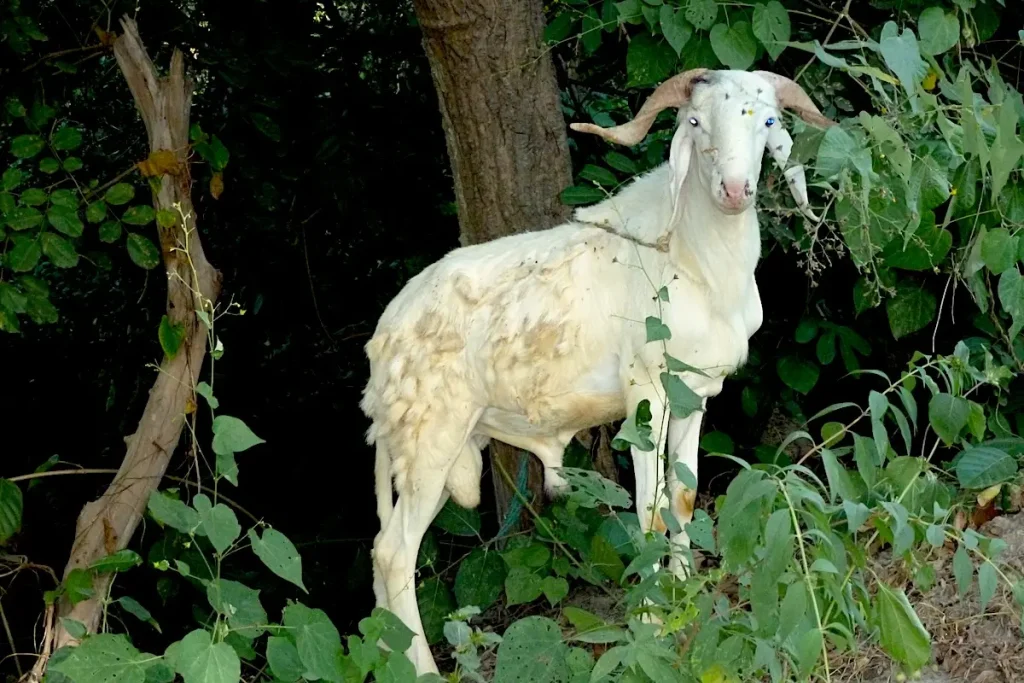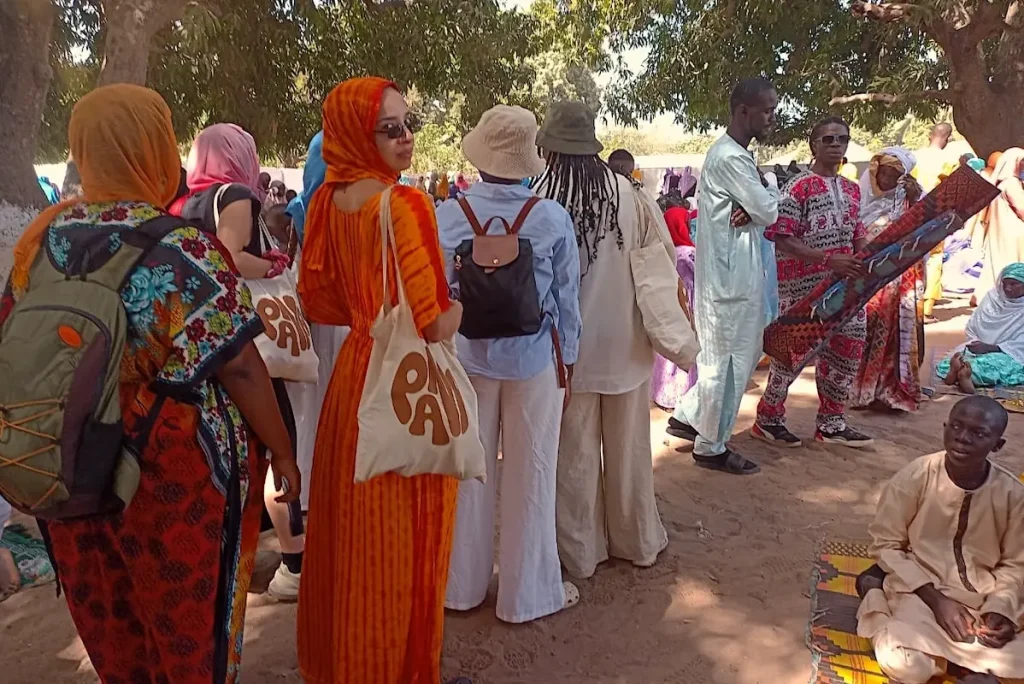Tobaski, also known globally as Eid al-Adha, is a profound and widely celebrated Islamic festival in The Gambia. It holds deep religious significance and stands as a day of unity, community, and spiritual reflection for Gambian Muslims. Observed annually, Tobaski highlights the story of Prophet Ibrahim’s (Abraham in Judeo-Christian traditions) steadfast faith and willingness to sacrifice his son Ismail (Ishmael), in obedience to God’s command. This act of devotion is ultimately interrupted by divine intervention, which provides a ram as a substitute sacrifice. This narrative forms the core of the Tobaski celebration, encapsulating ideals of faith, surrender, and divine providence.
Tobaski preparations begin weeks in advance
Preparations for Tobaski in The Gambia begin weeks in advance, transforming the usual hustle and bustle of everyday life into an atmosphere of anticipation and festivity. Marketplaces become increasingly vibrant as families procure items essential for the celebration. Purchase of rams, goats, or cows—primarily rams as they are most preferred—is a central part of these preparations. These animals are selected based on criteria such as size, health, and age, ensuring they meet the Islamic guidelines for a sacrificial offering. For many households, acquiring a ram is a significant financial commitment, reflective of their dedication to observing this crucial rite of faith.
A sense of purpose and joy
As Tobaski day dawns, Gambians awaken to an air filled with a sense of purpose and joy. The day commences with the communal Eid prayers, which are held in open grounds or large mosques, uniting worshippers in a collective act of devotion. These prayers are led by an Imam and follow a specific format, including a sermon that often reiterates the values and historical context of the celebration. It is a time for spiritual cohesion, self-reflection, and communal solidarity.
Following the prayers, the ritual of sacrifice takes centre stage. Families gather, and the chosen family member, often the head of the household, performs the act of slaughtering the ram.
This is done following Islamic rites, which dictate that the animal should be healthy, conscious, and slaughtered with a swift, humane cut to the throat while invoking the name of Allah. The act symbolizes the readiness to relinquish one’s most valued possessions for the sake of faith and divine obedience.
The meat from the sacrificed animal is meticulously divided into three shares: one part for the family, another for relatives and friends, and the third portion for the less fortunate. This distribution underscores the essence of Tobaski, fostering a spirit of generosity, charity, and social responsibility. It ensures that even the impoverished members of the community partake in the festive abundance, reinforcing communal bonds and humanitarian values.

Sharing of blessings and goodwill
The remainder of the day is characterised by socializing and feasting. Traditional Gambian cuisine takes a central role in the celebrations, with dishes such as Benachin (jollof rice), Domoda (peanut butter stew), and Yassa (a spicy marinated meat dish) being prepared and shared.
Homes are adorned in their finest decorations, and people wear newly acquired or specially tailored attire. Children, especially, are seen in vibrant, often intricately designed clothes, and they go around in their neighbourhoods, visiting elders and receiving small gifts or money.
Family and friends exchange visits, an acknowledgement of blessings and goodwill.
Such greetings and festive visits serve as an affirming gesture of love, respect, and community spirit.

Teaching younger generations about their faith
Importantly, Tobaski in The Gambia transcends mere ritualistic observance. It serves as a vital tool for teaching younger generations about their faith, culture, and responsibilities. Children often participate in the ceremony by assisting with tasks, learning through observation, and internalising the profound lessons of humility, sacrifice, and thankfulness imparted during the festival. The integration of modern elements, like social media sharing and digital greeting exchanges, has added a contemporary layer to the age-old traditions, making them more accessible and engaging for the younger population.
The celebration of Tobaski extends beyond the confines of individual households, embracing entire communities and even the larger national ethos. Public figures, including government officials and religious leaders, deliver messages of peace, unity, and spiritual steadfastness. In many parts of The Gambia, local media broadcast special programs highlighting the significance of Tobaski, showcasing communal prayers, and sharing stories of charitable initiatives undertaken during this period.
The implications of Tobaski also ripple through the economic fabric of Gambian society. Tourism experiences a notable surge as visitors and diasporans return home to partake in the festivities, contributing to local markets and businesses. The increased demand for goods and services associated with Tobaski invigorates various sectors, from livestock and food markets to clothing and transportation, albeit with price hikes that sometimes place a burden on less affluent families.
Despite such economic challenges, the essence of Tobaski remains undiminished. It is a time when Gambians reaffirm their faith, draw closer to their loved ones, and recommit to the values of compassion, generosity, and communal harmony. The shared experience of prayer, sacrifice, and celebration weaves a fabric of unity and reinforces the social and spiritual welfare of the community.
In conclusion,
Tobaski in The Gambia is a multifaceted celebration that underscores the profound convergence of faith, culture, and community. It embodies deep-seated spiritual tenets while fostering a sense of unity and collective goodwill. Radiating with joy, empathy, and community participation, Tobaski stands as a beacon of religious devotion and cultural heritage, reflecting the enduring spirit and rich traditions of the Gambian people.

A really interesting time to be in The Gambia😊